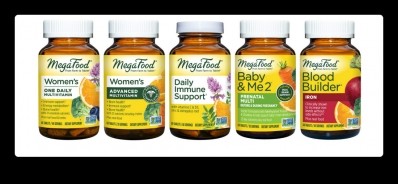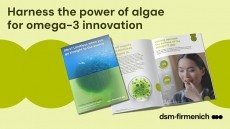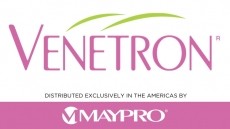CDC report raises red flag over big increase in melatonin poisoning reports

The report was published last week in the CDC publication Morbidity and Mortality Weekly Report (MMWR). The authors are associated with hospitals and universities in Michigan and Massachusetts.
Big jump in ingestions in recent years
The authors found that over the decade in question, 260,435 such ingestions were reported, 94% of which were unintentional exposures The annual numbers went from 8,337 in 2012 to 52,563 in 2021, with the largest yearly increase (37.9%) occurring from 2019 to 2020. The authors attributed the hockey stick shape to that graph to the effects of the pandemic, with melatonin use increasing sharply in the past two years, and more children at home when daycare centers closed.
That’s the bad news. The good news from an industry perspective is the vast majority of those were asymptomatic or involved only minor symptoms. However, 4,555 cases resulted in more serious outcomes. Five children who were hospitalized required mechanical ventilation, and two very young children died at home after ingesting melatonin.
Authors point finger at poor quality control
The authors said hospitalizations and serious outcomes related to these ingestions have increased, and the reasons are unclear. But they raised the possibility that poor quality control (‘high variability’ in their terminology) could be a culprit. They noted that the variability of melatonin products is highest in the chewable delivery format, which are the ones most likely to be ingested surreptitiously by very young children. The authors noted that the risk posed by this variability was one of the things that led to Canada banning the sale of OTC melatonin products.
The authors recommended that child resistant packaging be considered for melatonin products and that doctors should warn patients about the risk posed by melatonin ingestion by children.
Bigger market means bigger pool for adverse events
Rick Kingston, PharmD, head of scientific and regulatory affairs at SafetyCall International, said the increase in exposures comes as no surprise, given that sales of melatonin have increased so rapidly. The authors of the paper said melatonin sales increased from $285 million in 2016 to $821 million in 2020.
Kingston said a key point to remember is that while the numbers mentioned in the report are large, they do not in his view represent an urgent safety signal.
“Despite the large increase in exposures, melatonin still appears to have a relatively wide margin of safety where previous studies have shown that adverse effects are associated with significant exposure, magnitudes higher than what is consumed for routine beneficial effects. So, like most things, the dose makes the poison,” he said.
Kingston also said the way in which some data were lumped together in the study limits its usefulness.
“It was disappointing that the authors aggregated all age groups and medical outcomes (non-toxic, minor, moderate, major, death) for all reasons in their table depicting exposure demographics. It would have been helpful to have the same demographics presented but for each age group (e.g. <5, 6-12, and 13-19). This would help further characterize clinical effects within the various populations to better target prevention efforts,” he said.
NPA: Poison center data has shortcomings
In a statement the Natural Products Association said that while the report is an important finding, it’s good to keep in mind the shortcomings of poison control center data. This includes the fact that poison control center data does not include individual patient medical histories, making it difficult if not impossible to link an adverse event to the toxic effects of a melatonin overdose alone.
“These deficiencies can lead to hazy and potentially misleading snapshots, which is precisely why the serious adverse event reporting system at FDA via Medwatch was established. Medwatch is the gold standard for detecting and alerting public health officials of potential concerns with products, and so far we have seen no action by the FDA as it relates to Melatonin. Melatonin has been used safely and continues to be under the normal conditions of use as labeled on the product. In the meantime, we remind everyone -- including parents with children -- who uses dietary supplements to always consult with their doctor or medical professional about what is best for their own personal health and wellness,” the NPA statement said.
A full copy of the CDC report can be accessed here.
















